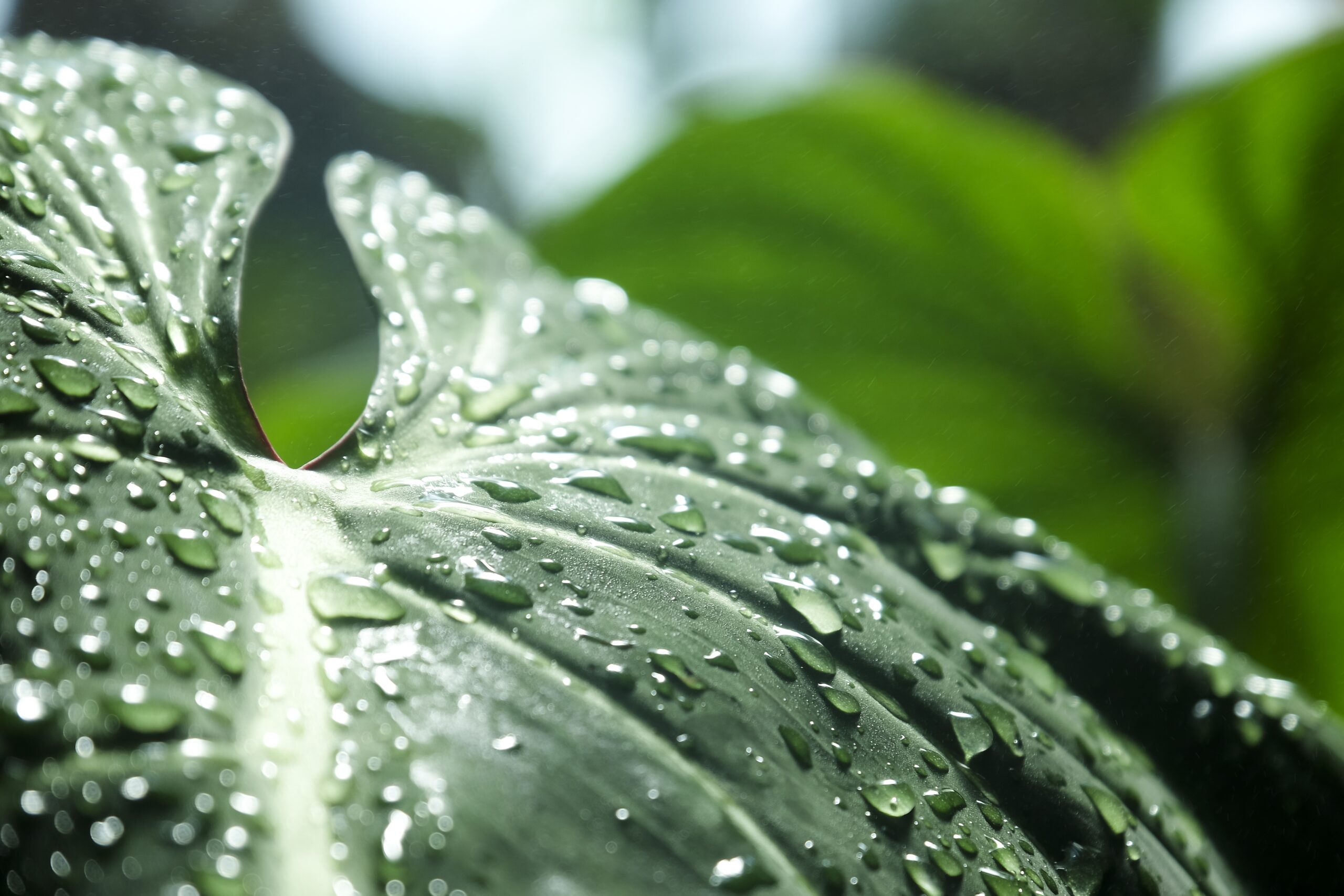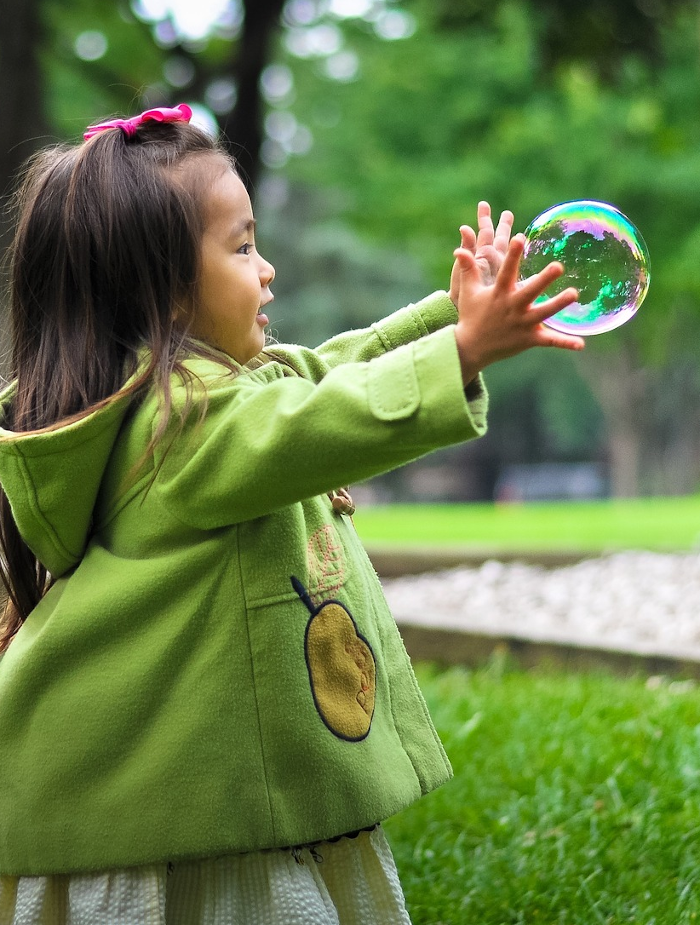“Climate change is real; it is happening right now. It is the most urgent threat facing our entire species, and we need to work collectively together and stop procrastinating.”
Leonardo DiCaprio
Given the recent climate events of recent years, climate change is one of the most urgent challenges requiring action from everyone.
There are indications from all sides that our ability to survive as human species and maintain the same quality of life, is in peril: environmental damage, air and water pollution, soil destabilization (due to deforestation and fires), decreasing fossil fuel reserves, and even the latest pandemics are signs that we cannot continue in the same way. Human development depends on the long-term production, use, and management of resources as part of a global community and economy.

Sustainability is more than just the latest buzzword: it’s a return to basics, to the basic understanding that we are all inter-connected, and that humans are part of this global ecosystem that includes all of nature, and all of humanity.
At its core, sustainability comes down to our ability to survive – as a human species and as a planet, maintaining this balance that we cannot live without, and the ability to meet these basic needs: natural resources (air, food, water), safety from natural disasters (fires, storms, floods), and harmony to meet the same needs for self-realization, growth, and economic development that we all share.
Sustainability (broadly defined as the capacity to continue and maintain a process or situation over time) is about meeting the needs of the present and ensuring that future generations will be able to do the same.
We’re all inter-connected, and all dependent on the same resources to survive, and we’re responsible for ensuring the survival of future generations. Indigenous and native populations have known and practiced this for hundreds of years. Did you know that indigenous people, who comprise less than 5% of the world’s population, have been protecting 80% of global biodiversity? According to National Geographic, indigenous people “manage or hold tenure over 25 percent of the world’s land surface and support about 80 percent of the global biodiversity.” [National Geographic, Nov 16, 2018}

While most people tend to associate sustainability with environmental conservation, sustainability also has a social and economic impact: ultimately, sustainability is about the people and the health of our communities, for now, and for the future.
Sustainability is more than just protecting the environment and cleaning up pollution. Ensuring that economic growth and social development are in balance with the environment and resources is closely connected to ensuring that the basics (air, food, water) are available for all.
As humans, we’re an inherent part of this global ecosystem, and sustainability is also about reducing injustice and abuse and in ensuring that all global population groups and countries are not impacted by economic expansion – it’s not just erasing poverty, racism, and exploitation of other groups, it’s also ensuring that economic development in one region doesn’t happen at the expense of other communities.
Taking action is no longer an option, it’s a necessity. For brands and retailers, it’s good business. Moving towards sustainability is a multi-step process, and it doesn’t happen overnight. But every small step in the right direction matters, and we want to help companies move in this direction. This is the reason we started O2 Show.
One of the best sources of information about sustainability, and a great reference for standards and goals is the UN ESG’s. Check out our resources section for information and downloadable guides and subscribe to the email list at contact@o2show.com for latest news on sustainability.
